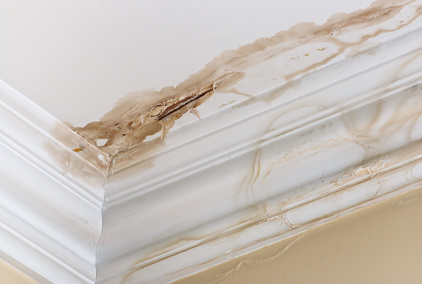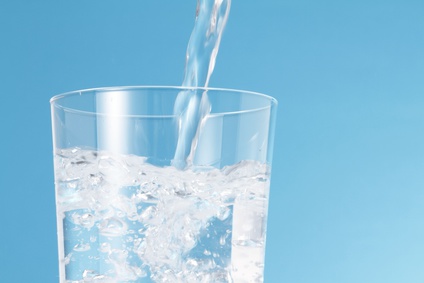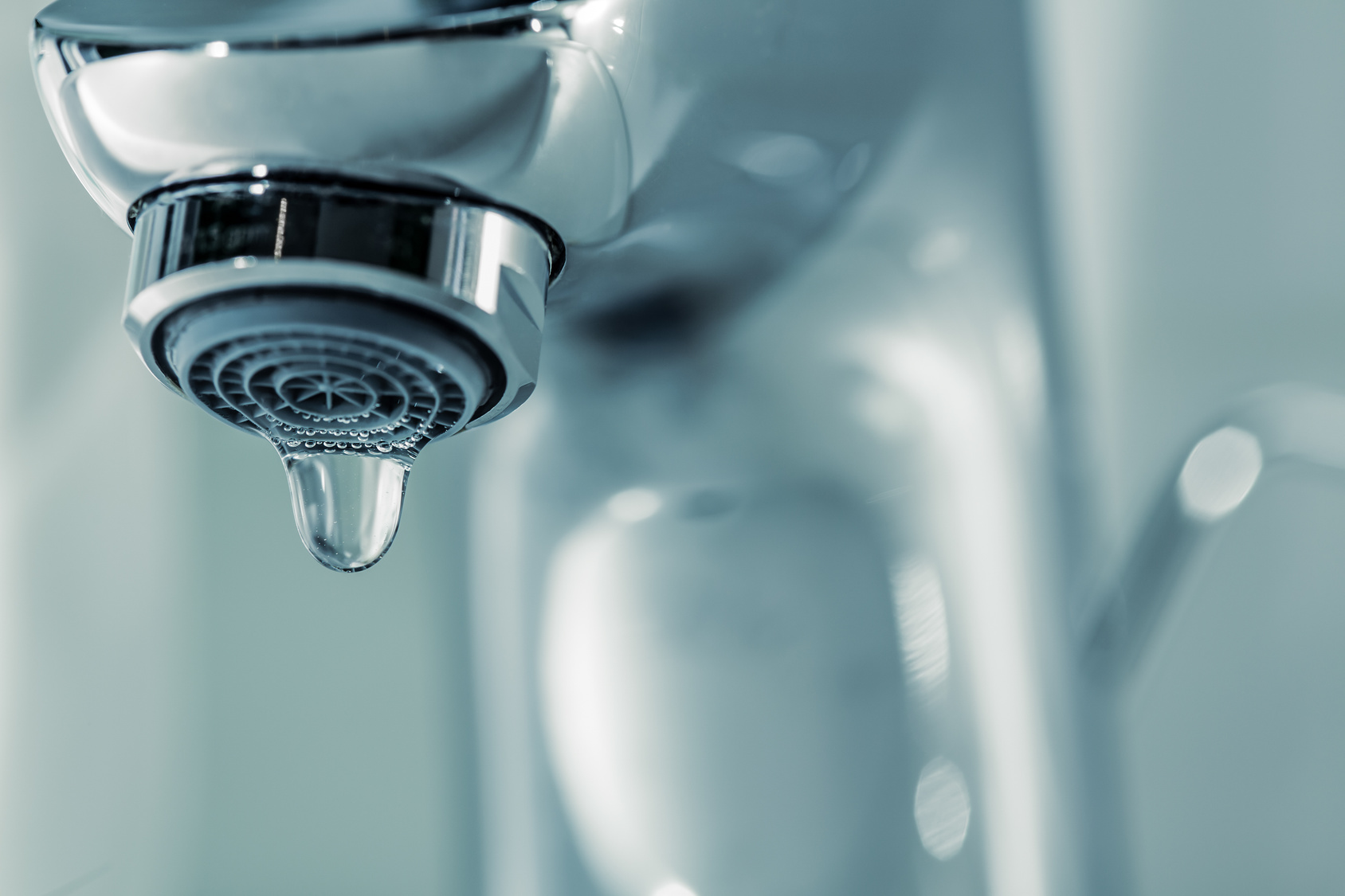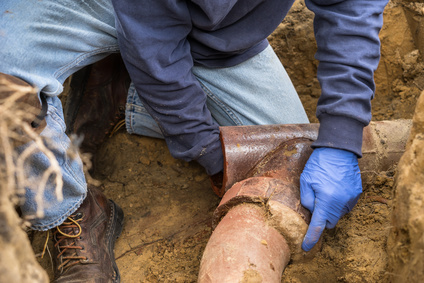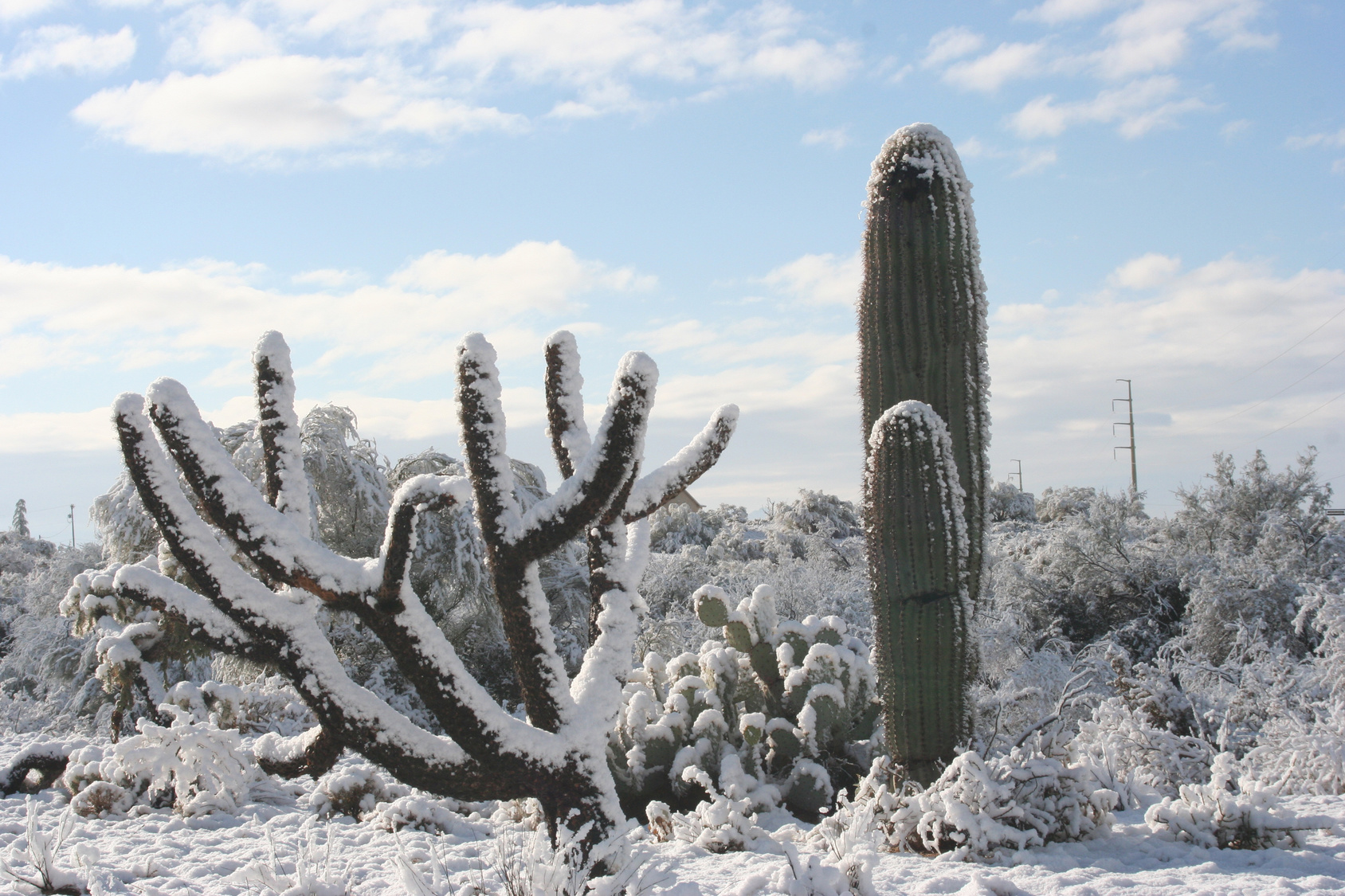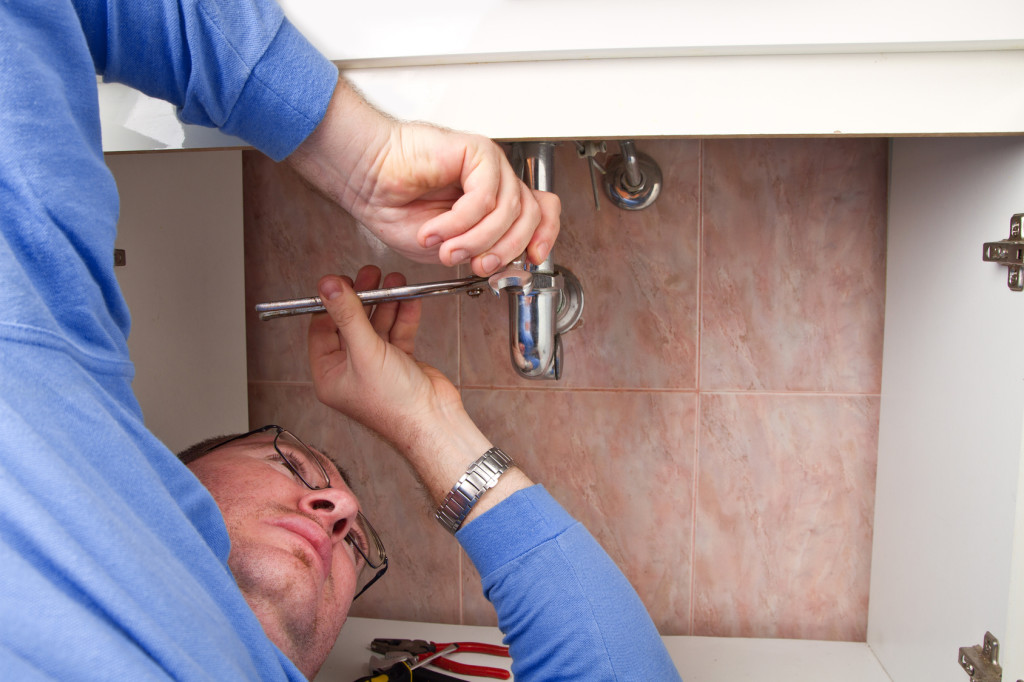Water heaters are one of those household necessities that you don’t fully appreciate until it stops working. When it fails, your supply of easily accessible hot water is gone. That means you can’t bath, unless you’re a fan of cold showers, or wash your clothes and dishes. Even cooking becomes more of a chore.
A water heater should last several years but it won’t last forever. Replacing a water heater is a major purchase and you need to make sure you buy a model that meets the needs of your family while offering the best energy efficiency. Here is a basic guide to buying a new water heater.
Adequate Capacity
Make sure the water heater you select has enough capacity to keep your family supplied with a sufficient amount of hot water.
Water heaters come in a variety of sizes. Two people should be able to get along fine with a forty gallon water heater. For a family of four, a sixty-gallon water heater may be the right choice. Obviously, a larger family needs a larger water heater. This varies depending on whether or not you have a tank or tankless water heater. The Dept. of Energy offers an online calculator that will help you determine which size tank will best meet your household’s needs.
Recovery Rate
Capacity isn’t the only consideration when it comes to ensuring your family has an adequate supply of hot water when they need it.
Another important factor to keep in mind is the water heater’s recovery rate. This is the amount of water that can be heated in an hour. The rate depends on both the capacity and type of water heater you purchase.
Energy Efficiency
One of the best ways to save money on your energy bill is by purchasing an energy efficient water heater.
Water heaters are available in a variety of fuel types ranging from electric and natural gas to geothermal and solar. Compare fuel prices to determine which type offers the most savings. Different types of water heaters are more energy efficient than others. Every water heater is required to carry an EnergyGuide label which makes it easy to compare the energy efficiency of different water heater types. An energy efficient model can use as much as fifty percent less energy which is substantial when you consider that hot water is one of the biggest energy expenses in most households.
Warranty
It isn’t a question of if your water heater will fail, but when. There is no worse feeling than checking your warranty after your water heater fails and discovering that it has expired a few months earlier.
A typical water heater warranty ranges anywhere from three to twelve years. Choosing a water heater with a good warranty is the best way to avoid this costly discovery. Make sure the warranty covers parts and labor. Keeping in mind that the maximum life expectancy of a water heater is about fifteen years, the best course of action is to be proactive and purchase a new water heater before your current one fails.


